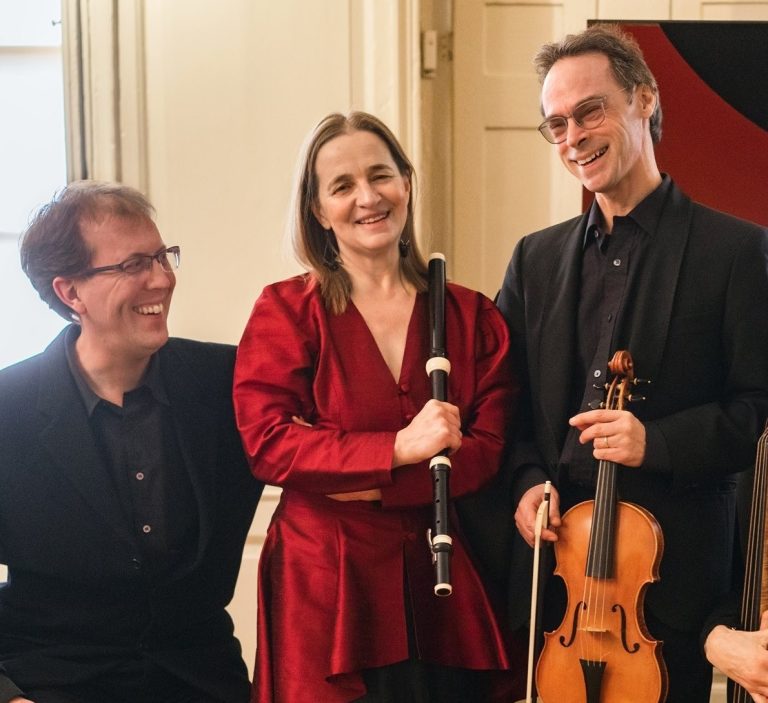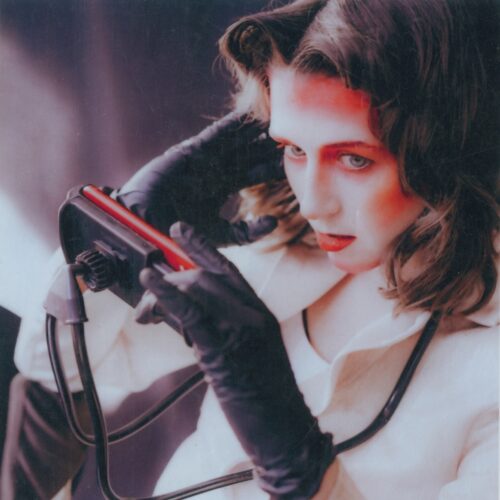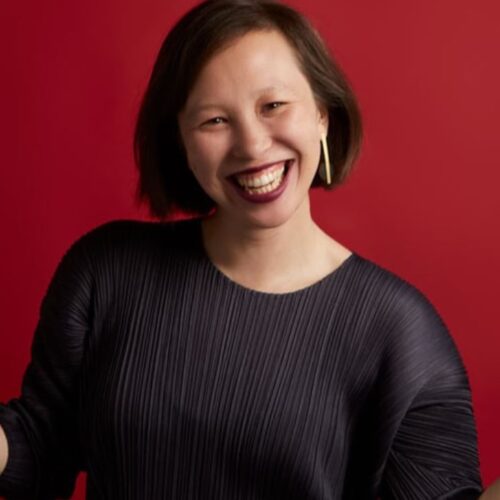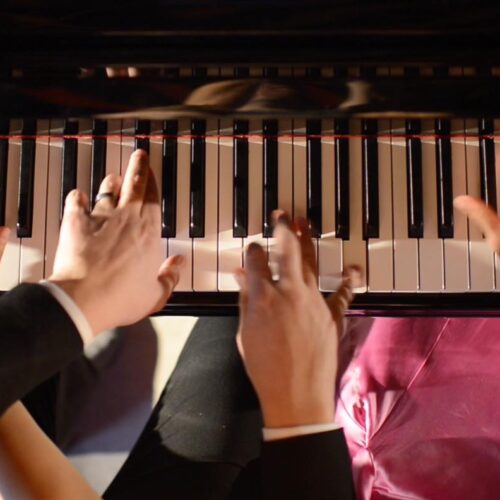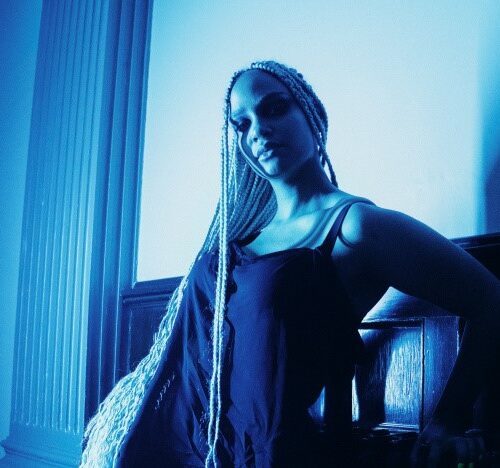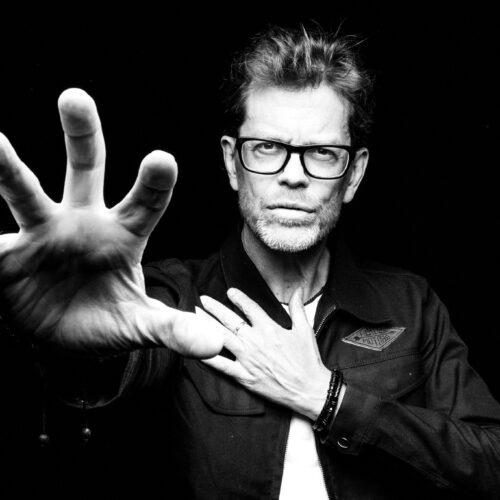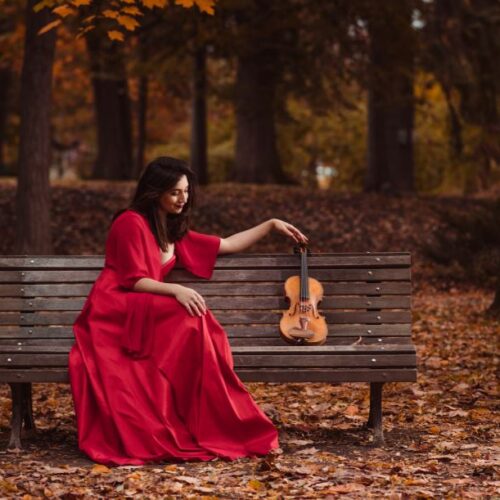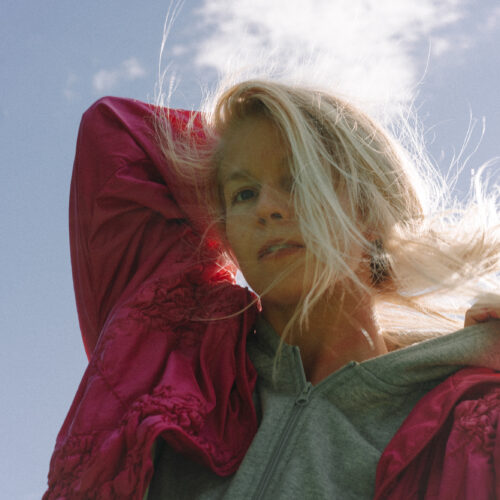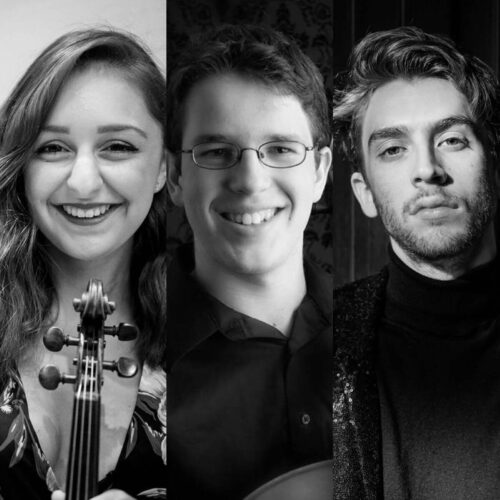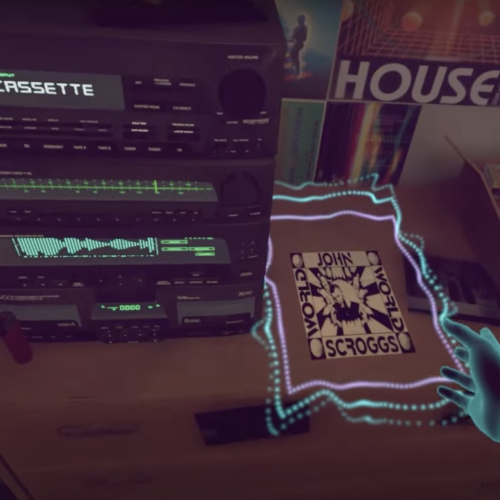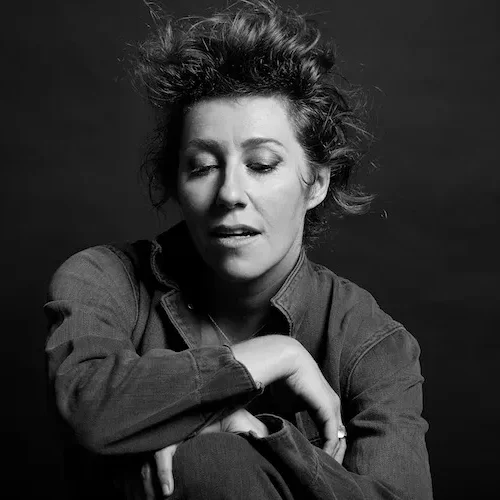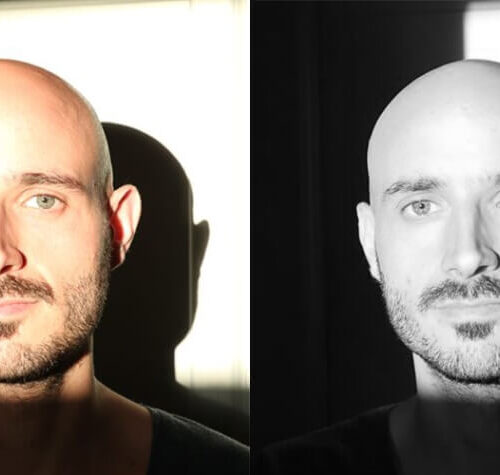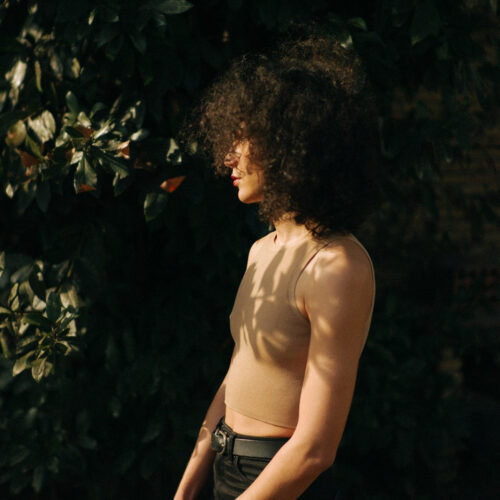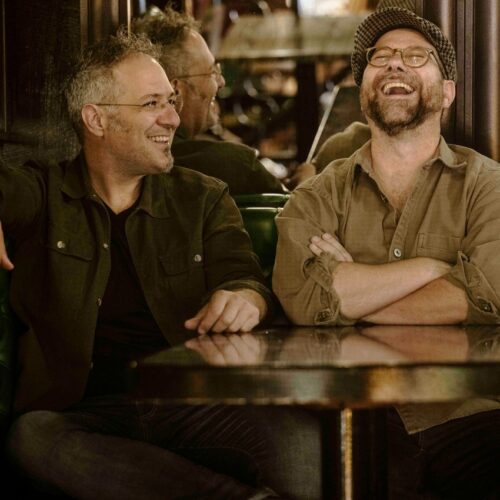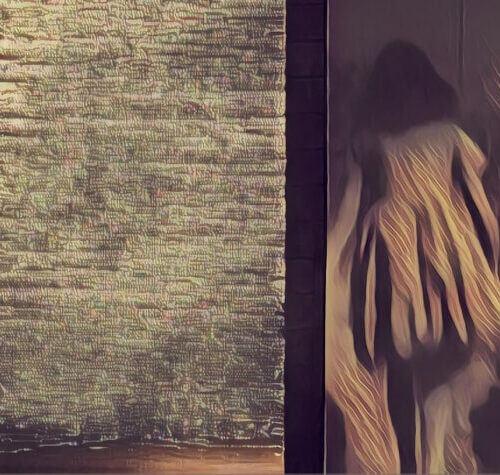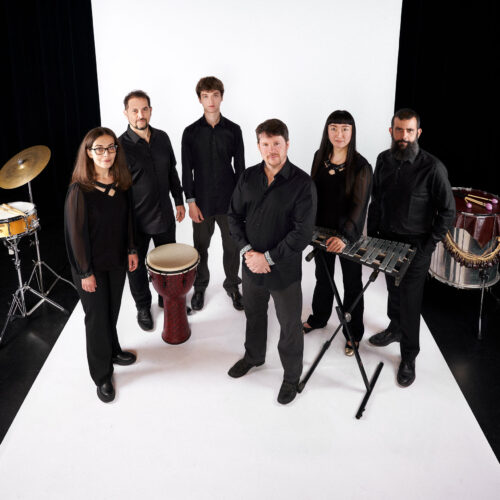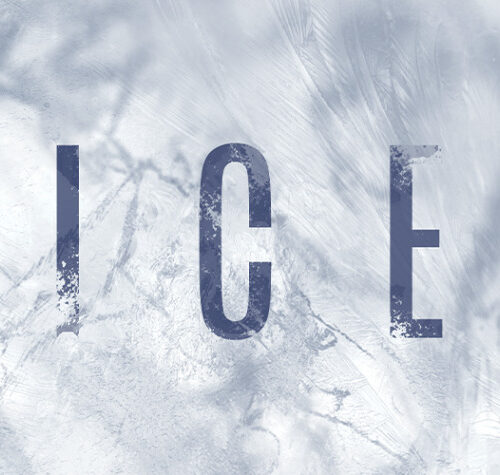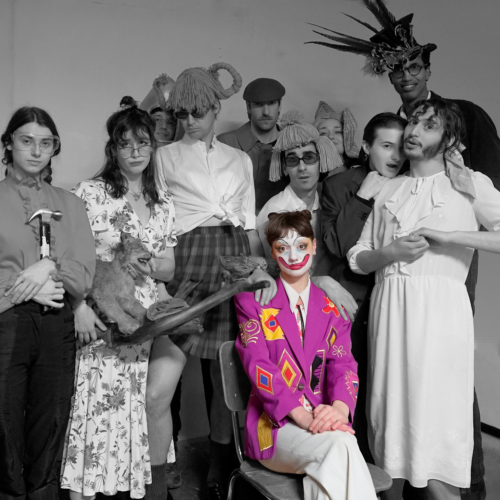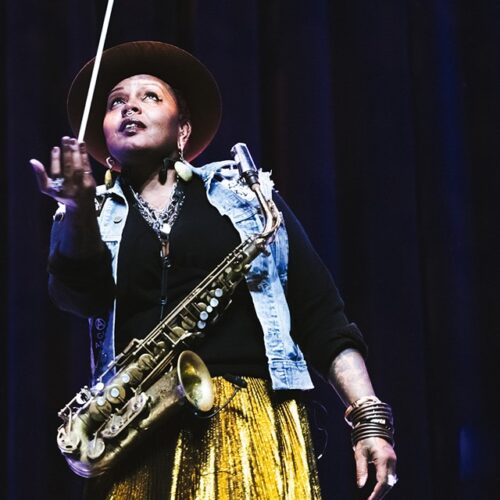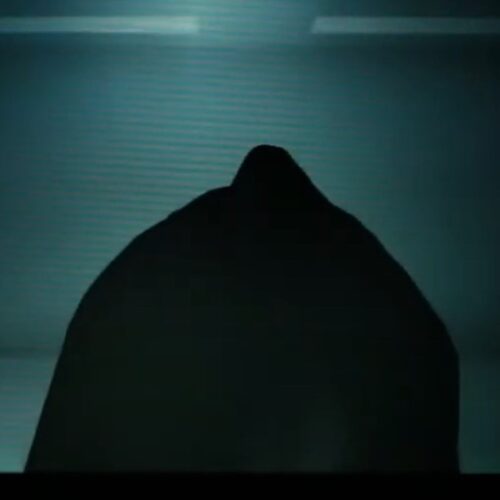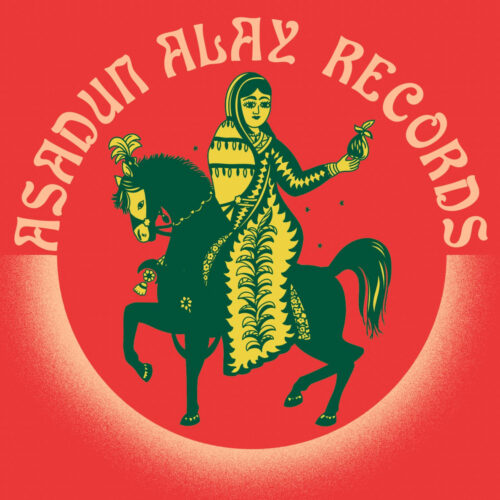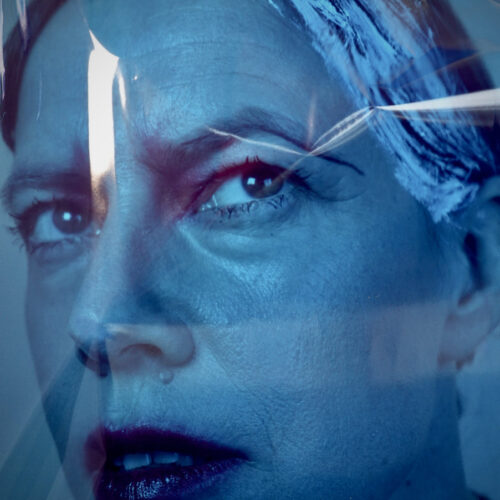Additional Information
Both born in 1685, Johann Sebastian Bach and George Frideric Handel are the great German composers on the program for this evening of the Festival Bach, courtesy of the London Handel Players. Scheduled for Monday, November 21 at Salle Bourgie, the connection is ideal: a British ensemble playing Handel, who spent most of his career in England where Baroque music flourished as it did in Germany, France, Italy, etc. And that is exactly why PAN M 360 talks to the violinist, conductor and artistic director of the London Handel Players, Adrian Butterfield, who was in England a few days ago.
PAN M 360: Although Handel lived most of his life in England, the corpus of this program is German. We won’t repeat the biography of JS Bach and Handel, would it be better to comment on each piece in the program.
ADRIAN BUTTERFIELD: Sure! Well, we begin with Handel’s beautiful Trio Sonata, Op. 5, No. 1, in A major, HWV 396. It begins with one of his favorite pieces of music, I think, because he used it several times, including in what we might now call his violin concerto. In my opinion, it is very nice that he brought back favorite pieces of music several times in his work. You can tell how proud he was of it and wanted more people to hear it. It must also be said that this work is interesting because it allows us to observe once again that he wrote German music throughout his life. And that we are very fortunate to have these beautiful works to perform.
PAN M 360: We move on to JSB’s Sonata for Violin and Harpsichord No.6, in G major, BWV 1019, which precedes two others.
ADRIAN BUTTERFIELD: Bach was such a pioneer that we don’t think of him as a very modern composer even today. He was a visionary for the centuries that followed his existence. In terms of these sonatas, I think the idea of putting the harpsichord at the center of chamber music, and then the concertos, was really new at that time. In a sense, he initiated the idea of the duo or trio sonata, which his son, Carl Philipp Emanuel, took up as did Mozart and Beethoven later. There is a real sense of progression from there. It is also worth remembering that Bach and Handel were the great keyboard players of all time. It’s really amazing that they were born in the same year, just a few miles apart, and never seemed to meet.
So I’ve played these sonatas many times over the years, but it was very nice to rediscover them with Silas (Wollston), our keyboard player, and we spent a lot of time playing them together with him and my wife and I.
PAN M 360: Your wife is flutist Rachel Brown.
ADRIAN BUTTERFIELD: Yes! When we got married some years ago, we already had most of the household items that we needed and we thought what, because people always want to give you something for your wedding. So we decided to ask people if they wanted to contribute to the purchase of a harpsichord. And so we ordered this beautiful instrument. Which is lovely because the band comes to our house for rehearsals. We don’t take this harpsichord out very often, so it doesn’t get abused. So the instrument doesn’t travel except for studio recordings. Silas loves to play this instrument, he keeps coming to our house to rehearse. It’s great to see him having so much pleasure with the harpsichord.
PAN M 360: The second trio sonata on the program is “The Musical Offering”, BWV 1079. What about it?
ADRIAN BUTTERFIELD: This is one of those epic Bach pieces that is demanding of both the listener and the performer in terms of the intellectual effort required to listen and appreciate. There are so many amazing aspects to this piece and it refers to that fascinating story of JS Bach going to visit his son Carl Philipp Emanuel at the court of Frederick the Great. Apparently, the son had been told that his old Bach had arrived. While there, JS Bach admired the brand new keyboard instruments. It also seems that Frederick the Great tried to test Bach by imposing particularly difficult themes on which he had to improvise, and he succeeded in making a three-part theme on the spot. But he apparently said that an improvisation on a six-part theme was beyond his abilities. That he had to work on it, which of course he did. So this Trio Sonata has a large-scale construction, a very special moment in the middle of the work. It is indeed very difficult to play, but very challenging. It’s extraordinary music that is unlike anything else.
PAN M 360: Did you build this program specifically for the Montreal Bach Festival? Or are you presenting this program in many places?
ADRIAN BUTTERFIELD: We’ve performed it before, but we thought it was particularly appropriate for the Montreal Bach Festival. We are, of course, the London Handel Players and we have a very strong connection to the London Handel Festival, which was founded in 1978. Twenty years earlier, the same organization had founded a Bach Festival in which we participated. So we share these two great passions for Handel and Bach. But the founder of the Handel Festival also founded a Bach Festival 2025 years before, which I still direct myself, so the bar can handle its two great passions and I think it’s, we have so much fun bringing the two composers together. They are contrasting figures in many ways, Handel being obsessed with opera and Bach never having the chance to write an opera, I mean write in an operatic style at that time.
PAN M 360: As English musicians, isn’t it an extraordinary exercise to play Handel and put him in relief with Bach?
ADRIAN BUTTERFIELD: Absolutely. Handel was a man of the theater and Bach was a man of the church. And to put the two in relief is a fascinating contrast. Having grown up in London and having seen so many places where Handel worked, it’s amazing to be in those spaces where we know he worked. Handel was such an important figure in London, so dominant but not in an unpleasant way. Of course, he had a few clashes with musicians, but he was such a positive influence and had a wonderful sense of humor. It is said that he often spoke in several different languages at once, and that his German accent never disappeared. But you know, he traveled a lot and was interested in singers and how to approach them. And he had this ability to strike you with emotion, and that’s particularly obvious in the second part of the program for this concert.
PAN M 360: You are talking about Da tempeste il legno infranto and Se pietà di me non senti, arias from his opera “Cesare in Egitto”, HWV 17.
ADRIAN BUTTERFIELD: Right. When Rachel did her research at the British Library, she found all these arrangements of Handel’s arias for flute. John Walsh was her publisher and saw an opportunity to make money from his most popular arias so that people could play them at home. Of course, there was no such thing as a recording, and this was the only way they could hear again the pieces they had discovered in Handel’s operas or oratorios. And it’s amazing how direct Handel is with his emotions. He really tugs at the heartstrings and knows how to persuade you of tragedy or great joy. We love playing the arrangements of these arias, we recorded some years ago and have explored a number of new areas since then. So there’s a lot of fun to be had playing these arias, and then Tilas will play Handel’s Harpsichord Suite in F major, HWV 427, and then you’ll hear the music of the other great keyboardist on the program, Bach’s Trio Sonata in G major, BWV 1038. These pieces all represent an enormous challenge for the performers.
PAN M 360: How do you see the collective sound of the London Handel Players and the individual sounds of each of the key players progressing?
ADRIAN BUTTERFIELD: The adaptation of the ensemble to the baroque flute has been important. Having played with Rachel for so many years, I felt it was essential to listen to the sound of the flute and adapt the sound of the strings to it. With an oboist, for example, it’s a completely different sound and the strings have to play differently, because the sound of the baroque flute is softer in general. But we’ve been doing it this way for several years and I hope we’ve found a good blend.
PROGRAM
George Frideric Handel (1685 – 1759)
Sonate en trio, opus 5, No. 1, in A major, HWV 396
Johann Sebastian Bach (1685 – 1750)
Sonate pour violon et clavecin No.6, in G major, BWV 1019
Sonate en trio from The Musical Offering, BWV 1079
George Frideric Handel
Suite pour clavecin, in F major, HWV 427
Da tempeste il legno infranto et Se pietà di me non senti, from Giulio Cesare in Egitto, HWV 17
Johann Sebastian Bach
Sonate en trio, in G major, BWV 1038
ARTISTS
London Handel Players
Rachel Brown, flûte
Adrian Butterfield, violin
Gavin Kibble, cello
Silas Wollston, harpsichord
